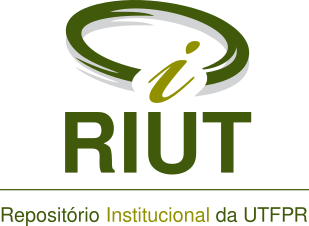Learning about invertebrates, outdoors: effects of teaching program outside the school premises in Brazil
Resumo
Conservation of invertebrate biodiversity is affected by misconceptions towards these small animals. Thus, studies and practices that promote a better relationship between human and nature are needed. The present study deals with learning outside the classroom, based on an Educational Program conceived by Drissner et al. (2014) applied to German students. Our goal was to access the knowledge on invertebrates of students in Brazil, through the Teaching Program. It also evaluated learning and changes in students´ emotions and attitudes. The students were divided in intervention group comprised of 26 students who visited the Park; the other 30 students in control group. Attitudes of students before and after visiting the Ecological Park were accessed and compared with the control group. Students´ attitudes improved after the visit even though they spent only a short time at the Ecological Park. They manifested more positive emotions towards small animals and showed more biological understanding than their peers. Results may contribute towards the practice of environmental education in Brazil and a short time outdoors may be easily integrated into the school curricula. Furthermore, it may contribute towards the construction of students' knowledge on the environment and encourage positive environmental attitudes that may forecast the environmental for future generations.
Palavras-chave
Texto completo:
PDF (English)DOI: 10.3895/rbect.v11n1.5819
Direitos autorais 2018 CC-BY

Esta obra está licenciada sob uma licença Creative Commons Atribuição 4.0 Internacional.





